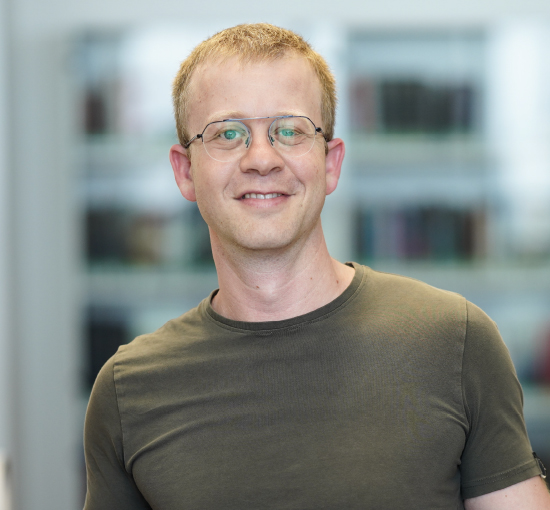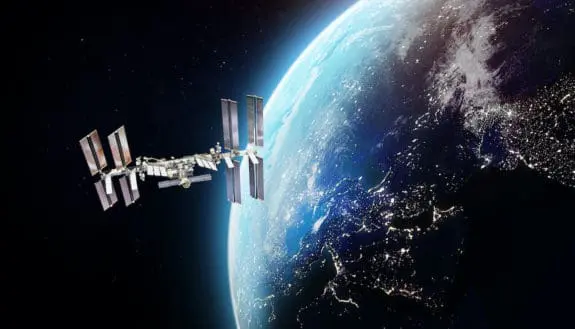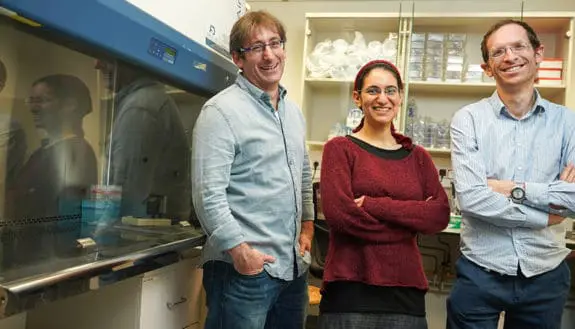An aeronautical engineer by trade, Prof. Bercovici is equally interested in understanding basic physical mechanisms related to fluid mechanics (the flow of liquids or gases) and in leveraging these mechanisms to create new tools and new capabilities. His current focus is on development of the Fluidic Shaping method that his lab pioneered, which uses the physics of fluids to shape liquid volumes into useful optical components (such as lenses) in minutes. The method won the 3D printing award by SPIE (the international society of photonics and optics), and the lab recently received the prestigious ERC award from the EU for advancing the technology.
Fluidic Shaping is also the basis for Prof. Bercovici’s collaboration with NASA to design a future space telescope that will be on the scale of tens of meters – an order of magnitude larger than the James Webb Space Telescope. Last year, the team demonstrated the technology in Zero-G flights, as well as on the International Space Station.
Currently the youngest full Professor at the Technion, Prof. Bercovici has received numerous awards and recognitions for his academic research and teaching, including two ERC grants from the European Union; the Hershel Rich Technion Innovation Award (three times); the Yanai Prize for Excellence in Academic Education; the Daniel Shiran Memorial Research Prize for outstanding research in Bio-Medicine; the Krill Prize for Excellence in Scientific Research from the Wolf Foundation; and the Blavatnik Award, which is considered the most prestigious award for young scientists in Israel.
Prof. Bercovici earned his doctoral degree from Stanford University while studying on a Fulbright Doctoral Fellowship and a Stanford Graduate Fellowship in Engineering and Science. During his post-doctoral studies in Stanford Medical School’s Department of Urology, he developed rapid diagnostics for urinary tract disease.






